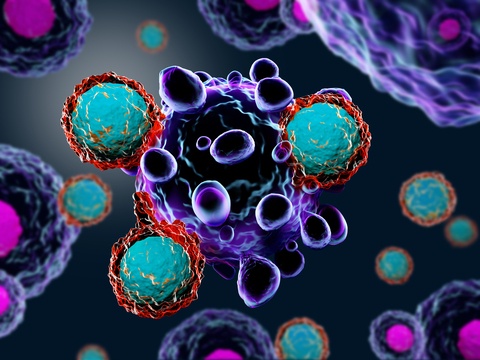Relapsed Mesothelioma Patients Live Longer on Opdivo in Phase 3 Trial
A multi-center British study suggests that the cancer drug Opdivo (nivolumab) may be a solid second-line treatment option for relapsed mesothelioma patients. The Phase-3 trial involved mesothelioma patients from 24 UK hospitals. All had an ECOG score of 0 or 1, meaning they were in reasonably good health overall. All of the patients had first-line treatment with platinum-based chemotherapy. Then their cancer came back. There is no approved treatment for relapsed mesothelioma patients. So these patients enrolled in the nivolumab trial. Although Opdivo is not a cure for mesothelioma, the results of the news trial show it could extend survival for the right patients. How Does Opdivo Work? Nivolumab is sold under the brand name Opdivo. It is an immunotherapy…





